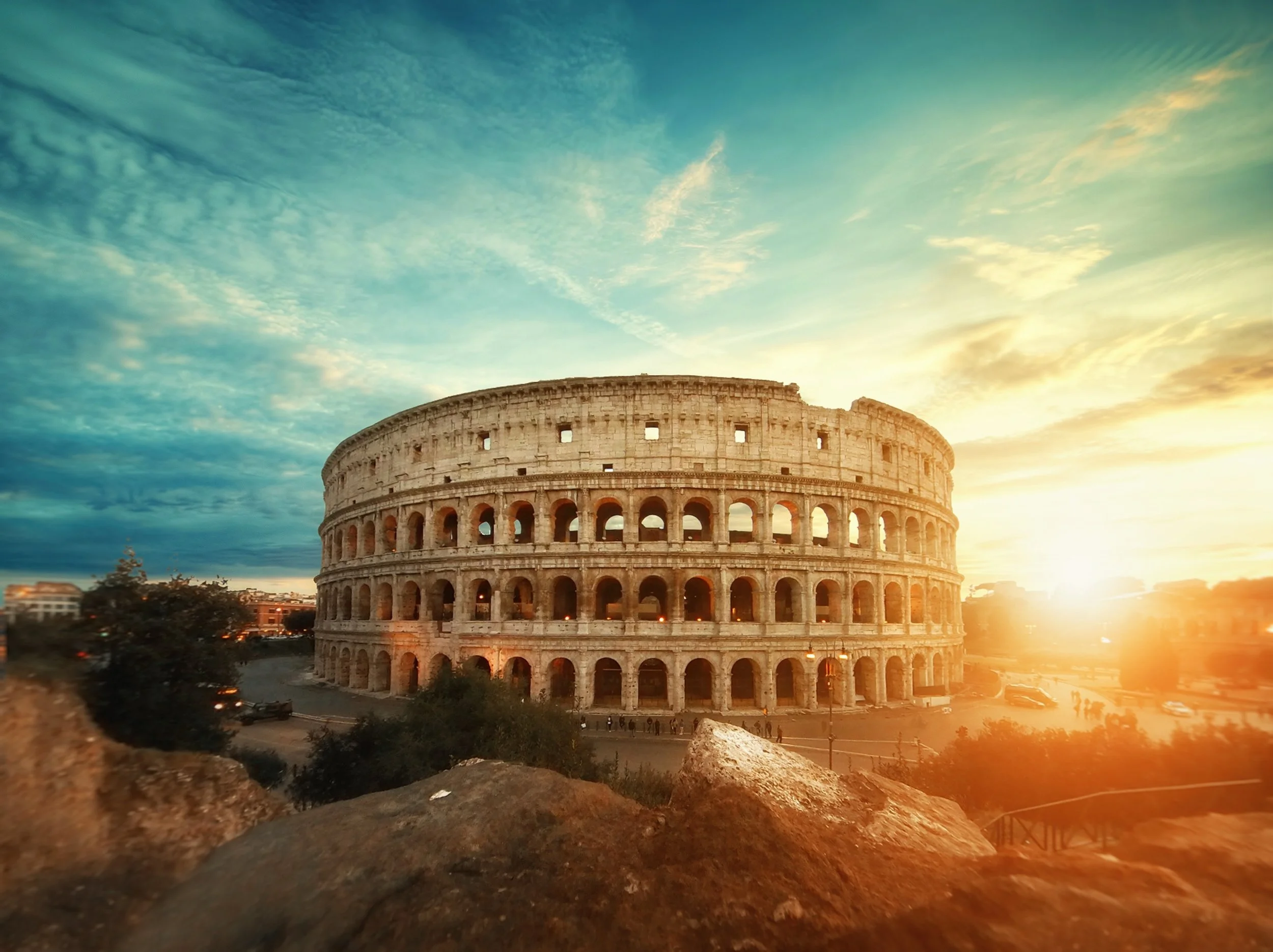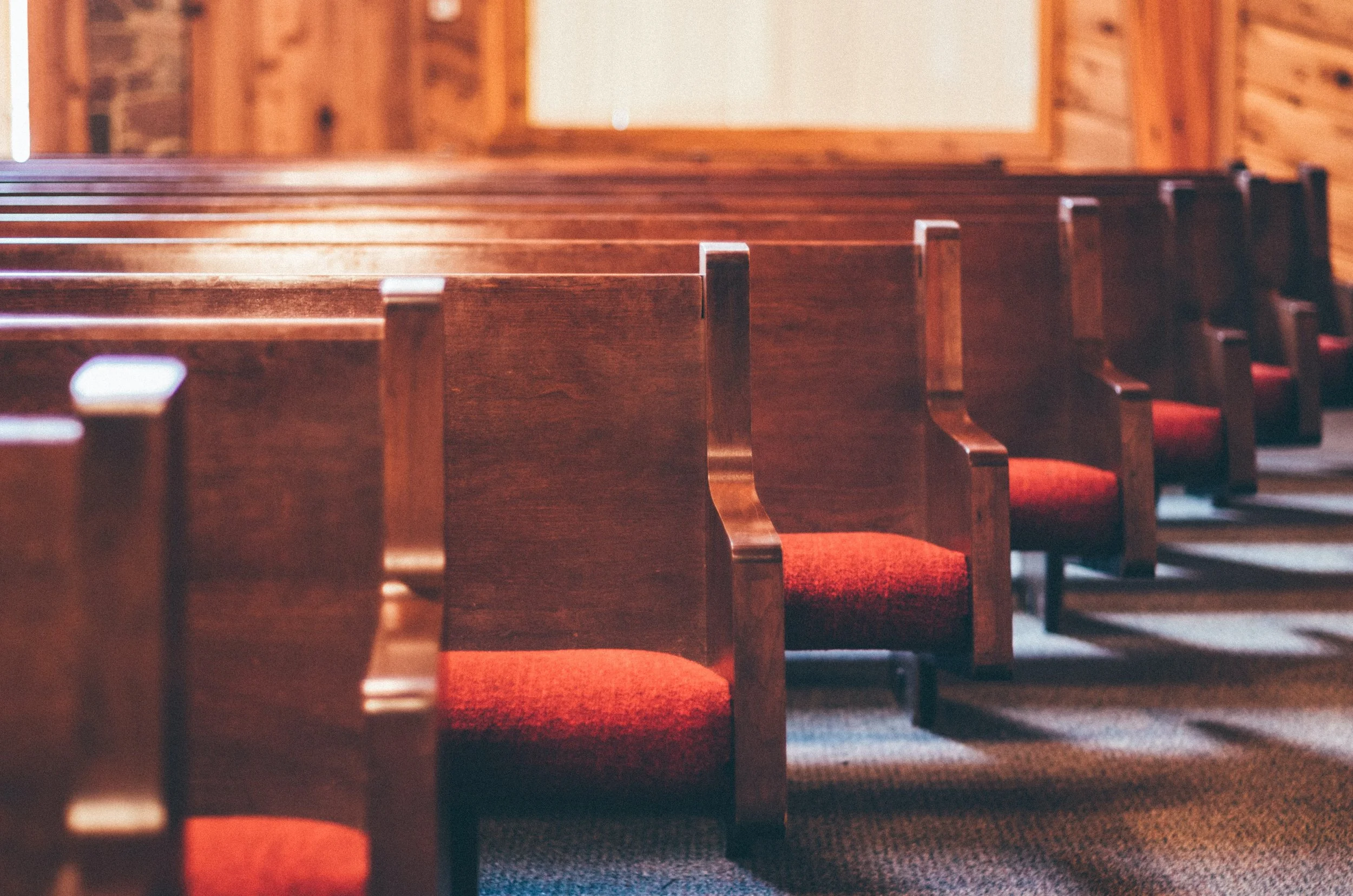![How to Make Your Spiritual Life Purposeful: Your Vocational Call, part 3]()
What gives you purpose in seasons that feel meaningless or directionless? God does.
When you think of godly leaders, King David is in rarified air. He is, after all, the famed slayer of Goliath, the one who was known as “the man after God’s own heart,” and the greatest king in Israel’s history. But, from a human perspective, the majority of his life seemed directionless and even wasted. And yet every step had an incredible purpose. There is no King David without his journey.
As a young man, Samuel anointed David’s head and “the Spirit of the Lord rushed upon David from that day forward.”[i] Within a few years David defeated Goliath and was promised to Saul’s daughter in marriage. Surely David must have thought that his ascension to the throne was near. If I were in David’s shoes I would have anticipated my reign to begin at any moment.
But as things so often are in God’s economy, our expectations are not God’s. It would be many years before David would sit on the throne.[ii] David would go from the rising star of Israel, whom the people sung about in the streets, to fleeing, to exile, wandering with his motley band across the hostile terrain of Palestine. Even after so many years had passed, he twice refused to take the life of the man who not only sought his life, but blocked his anointing.[iii]
What must have sustained David for these long years was not only the presence of God, but also God’s purpose for him. Even as he ran for his life, he speaks of his trust and his purpose, “But the king [referring to himself, who wasn’t yet king] shall rejoice in God.” So it is with the power of a purposeful spiritual life for us. When we know and understand the identity and purposes God has placed on our lives, it sustains us through tremendous difficulty, which is also God’s purpose.














